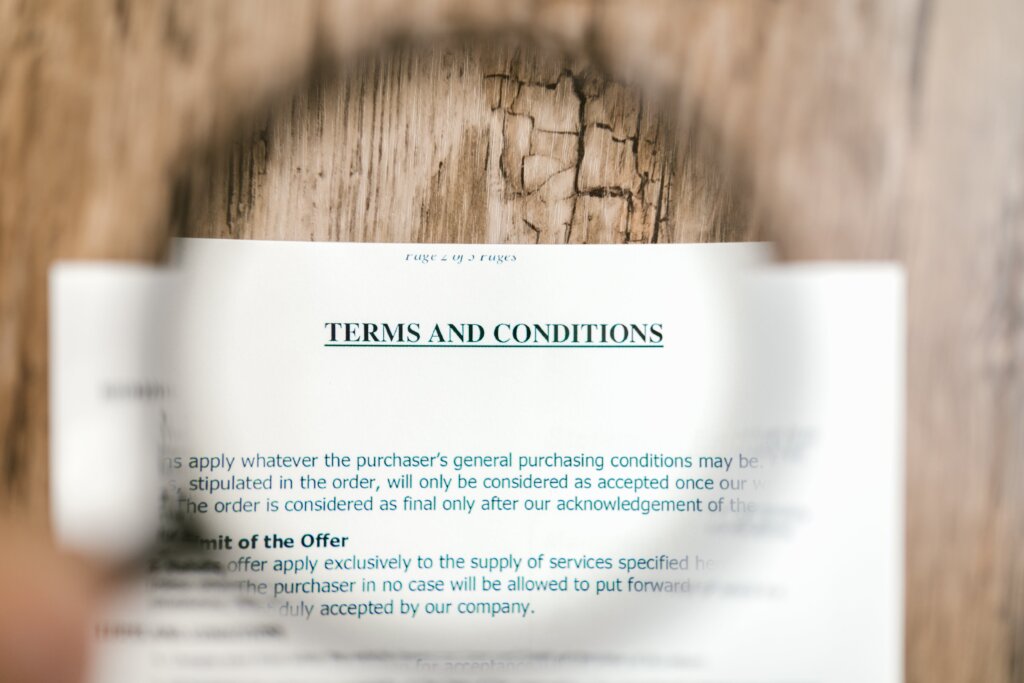In this blog post, we will discuss the question of whether an executor should sell all estate assets, including the specific consideration of “Can the executor sell a house.” This topic was prompted by a viewer’s comment on one of my videos, asking about the frequency of estate liquidation, the legal capacity to sell a house, and the emotional impact it may have on the personal representative and beneficiaries. While every estate is unique, I will provide a general overview based on my experience of overseeing estate settlements for over 30 years.
Understanding the Terminology

Before delving into the topic, it is important to clarify the terminology used. The term “executor” refers to the individual named in a will to handle the estate’s affairs, including the potential sale of a house. However, the term “personal representative” can also be used to describe either the executor named in the will or the administrator appointed by the court in cases where there is no will. Additionally, the question may also apply to the trustee of a revocable living trust, specifically the successor trustee responsible for settling the trust after the original creators pass away.
Legal Obligations of an Executor
The law regarding whether an executor should sell estate assets, including a house, is somewhat vague. According to Louisiana succession or probate law, the personal representative is considered a fiduciary and has a duty to collect, preserve, and manage the estate’s property, including real estate, in accordance with all legal requirements. They must act as a prudent administrator and can be held personally responsible for any damages resulting from their failure to fulfill these obligations. However, the law does not explicitly state whether the executor should sell or retain the assets, including real estate, as stated on LegalZoom.
Asset-by-Asset Considerations
To provide a clearer understanding, let’s examine different types of assets typically found in an estate and discuss the general approach that is often considered appropriate.
1. Real Estate
When it comes to real estate, particularly the family home, the executor, acting as a prudent administrator, has the authority and responsibility to decide if selling the house is in the best interest of the estate. However, it is advisable for the executor to communicate with other family members who may have an emotional attachment to the property. Offering them the opportunity to purchase the home at fair market value before selling it to a third party can help maintain family harmony, as discussed in Atticus Magazine.
2. Stock

If the estate includes publicly traded stock, it is generally recommended for the executor to distribute the stock to the heirs in kind, unless the stock’s value is nominal. This approach avoids potential disputes regarding the timing of the sale and any subsequent fluctuations in stock value.
3. Personal Effects
Personal effects, such as household items and heirlooms, often hold significant emotional value for the heirs. While the executor has the right to sell these items, it is generally considered more appropriate to communicate with the heirs and take their emotional attachment into account. Good communication between the executor and the beneficiaries is crucial to ensure a smooth process, as highlighted by ClearEstate.
Conclusion
In summary, the decision of whether an executor should sell all estate assets, including a house, depends on various factors, including legal obligations, family dynamics, and emotional considerations. While the law does not explicitly mandate the sale or retention of assets, acting as a prudent administrator and maintaining open communication with the heirs can help navigate the complexities of estate settlement. Ultimately, each estate is unique, and the executor’s approach should be tailored to the specific circumstances and the wishes of the deceased, as advised by the American Bar Association.

